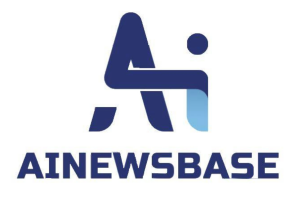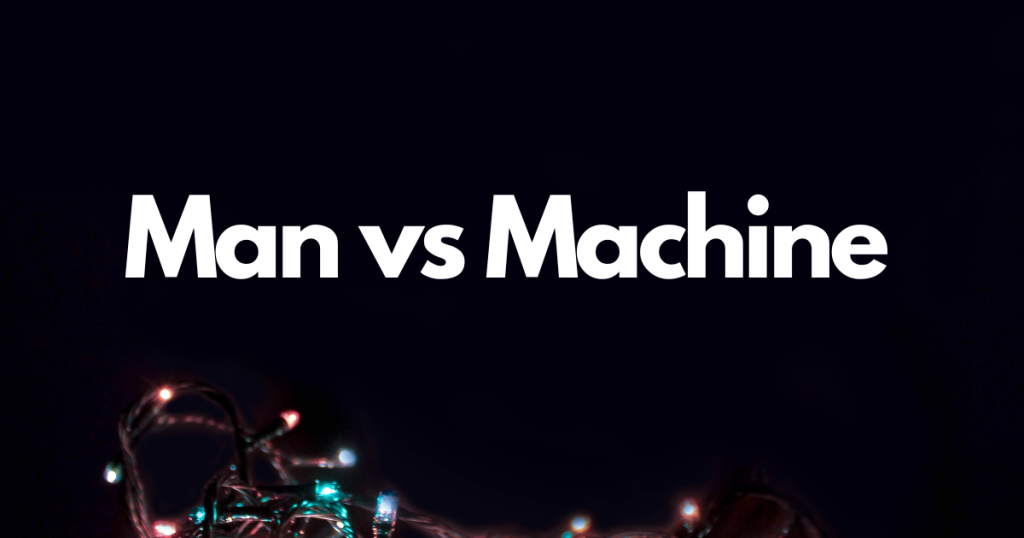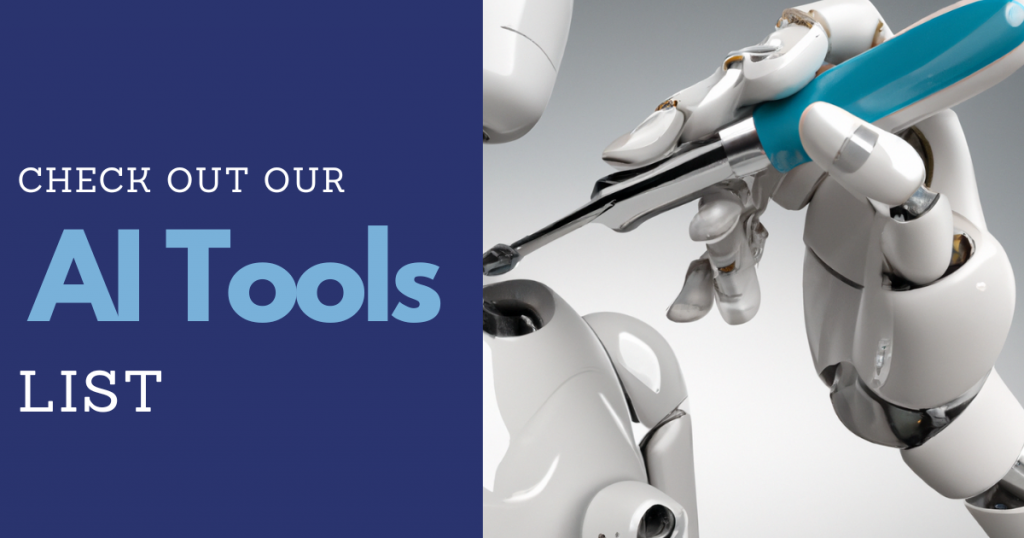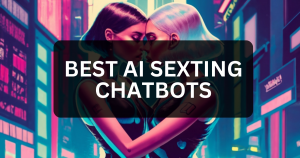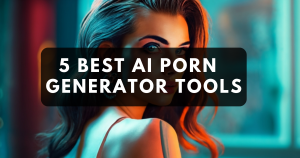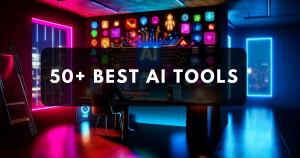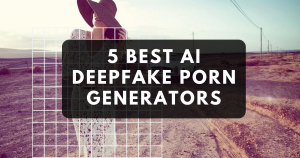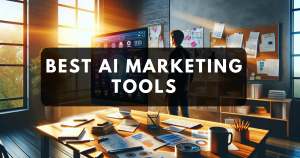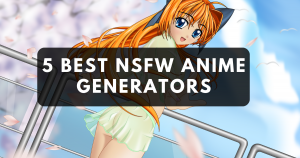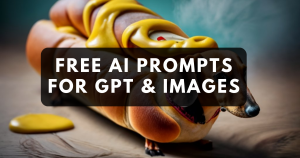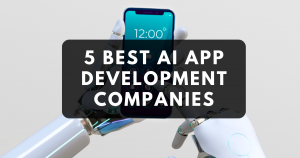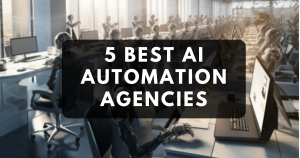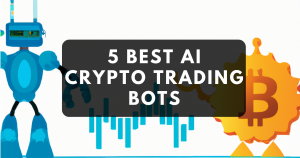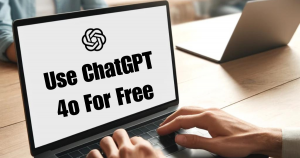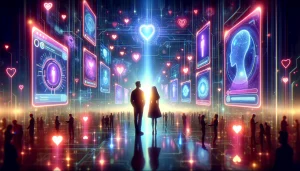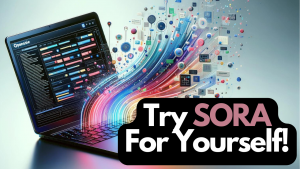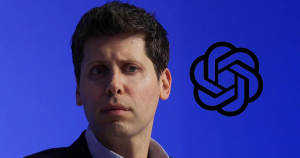We’re starting to see what looks like the beginning of a true ‘Rise against the machine‘ movement when it comes to fighting back against the ever increasing acceleration of Artificial Intelligence. No it’s not a terminator movie, it’s happening now.
Although it’s not yet at the point of taking over everyone’s jobs, artificial intelligence is showing impressive signs that it may one day be capable enough to replace vast portions of the worldwide workforce.
OpenAI founder and CEO Sam Altman has already predicted that AI will become so advance that within the next 10 years Universal Basic Income will be a necessity.
Customer service, code writing, copywriting and content creation are just some of the fields most at risk when it comes to artificial intelligence being advanced enough to do the job better, and faster than a human can.
Recently an artist came under fire and was banned from a subreddit after a book cover he spent hours creating was suspected to have been created by AI.
Workers fighting back against AI advancements
The war against AI has already begun.
Microsoft, GitHub and OpenAI are facing a class-action lawsuit over GitHub Copilot, the AI tool that is like predictive text for programming.
US programmer and lawyer Matthew Butterick is alleging that Copilot violates at least 11 open-source licenses that require attribution of the author’s name and copyright.
“AI needs to be fair & ethical for everyone.” Butterick says in the title of his announcement. “By training their AI systems on public GitHub repositories (though based on their public statements, possibly much more) we contend that the defendants have violated the legal rights of a vast number of creators who posted code or other work under certain open-source licenses on GitHub. Which licenses? A set of 11 popular open-source licenses that all require attribution of the author’s name and copyright, including the MIT license, the GPL, and the Apache license. (These are enumerated in the appendix to the complaint.)”
Artisits fighting back against AI generative art tools
As well as coding, AI is already very good at generating art based off of users prompts. These AI tools have been trained on millions of images, and are now able to use the training to put together images of it’s own. It takes a matter of seconds to create something that would take hours, perhaps days for a human to replicate.
Back in December, members of the popular online artist community Artstation began a movement to put a stop to AI generated art being published on the site.
It began with a Bulgarian artist, Alexander Nanitchkov Tweeted “Current AI ‘art’ is created on the backs of hundreds of thousands of artists and photographers who made billions of images and spend time, love and dedication to have their work soullessly stolen and used by selfish people for profit without the slightest concept of ethics.”
Users experimenting with the AI generative art tool, Stable Diffusion realised that adding ‘trending on ArtStation’ to their prompt generated art in a particular style. Putting two and two together, they realised the Stable Diffusion model was being trained using the publically available art on ArtStation.
The future friction between AI and Jobs
The future friction between AI and jobs is likely to be significant. As AI technology continues to improve and become more widely adopted, it is likely to automate many tasks that are currently performed by humans.
This could lead to job losses and economic disruption, particularly in industries that rely heavily on manual labour.
However, it is also possible that AI could create new jobs and industries, and that its overall impact on employment will be positive in the long term.
It is important to closely monitor the development and deployment of AI and to take steps to mitigate any negative impacts on workers and society.
